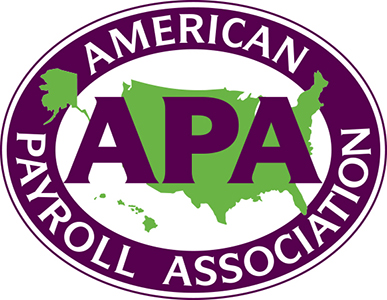Question: Our company has a wellness program that’s open to all employees. To improve participation in that program, we’d like to start offering rewards in the form of Health Reimbursement Account (HRA) contributions. Most of our employees already participate in a general purpose HRA as part of their major medical coverage. So we’d like to simply expand that HRA to cover everyone else. Could we do that?
Answer: Such an arrangement would be permissible only if all of the employees who receive HRA contributions will also be enrolled in another qualifying group health plan.
The general purpose HRA to which you refer is commonly defined as one that covers active employees and can pay any qualifying medical expense. These HRAs must be “integrated” with other group health plan coverage in order to satisfy the Affordable Care Act’s (ACA’s) rules prohibiting annual dollar limits on benefits and requiring plans to provide certain preventive health care services without cost-sharing.
Meeting the conditions
Integration with another plan allows you to offer the HRA even though, as an account-based benefit, it imposes an annual dollar limit on benefits and (because of that limit) cannot provide all of the preventive health care services mandated by the ACA.
To be integrated, HRAs must meet several conditions. One of these conditions is that HRA contributions may be made only on behalf of employees who are actually enrolled in a group health plan that doesn’t consist solely of excepted benefits (such as limited-scope dental or vision benefits).
Including other plans
If you offer a general purpose HRA (as defined above), you must also offer another group health plan that provides “minimum value” as defined under the ACA. The other plan doesn’t have to be sponsored by the same employer — it could, for example, be a plan offered by the employer of an employee’s spouse.
If employees not participating in your company’s major medical plan are enrolled in another employer’s qualifying group health plan, you might be able to treat your HRA as integrated with that other coverage and extend HRA participation to those employees. But if employees participating in the wellness program have no other qualifying group health plan coverage, your company won’t be able to extend its current general purpose HRA to them. Their participation would cause the HRA to violate ACA mandates and trigger prohibitive penalties.
Exploring alternatives
Although the ACA’s mandates wouldn’t permit your company to extend general purpose HRA coverage to employees who have no other qualifying group health coverage, you could still offer those employees an HRA reward as long as the HRA in question can be defined as an excepted benefit that need not be integrated.
For example, you might offer a separate HRA that could be used only for limited-scope dental or vision benefits to employees:
- Who have no other coverage, or
- Whose other coverage might be too difficult to verify (for instance, because it’s obtained from another employer).
Such a benefit may be attractive to employees even if they expect to have no uncovered dental or vision expenses for a particular year, so long as the account balance can be carried forward to a year when it will be needed.
Applying the concept
Offering HRA contributions as rewards may be a sound approach to promoting your wellness program. But, as you can see, it’s more complex in application than in concept. So be sure to consult your benefits advisor and attorney before giving it a try.
© 2015










